Online banking offers a fast and convenient way to make bill payments, transfer money and do other transactions. However, it comes with its own share of risks. Phishing, Vishing and skimming are some of the common tools that the fraudsters use to steal money. There are some fundamental practices that can be adopted to avoid these bank related scams. Here are some of the biggest mistakes that you should not do while using your bank account online.
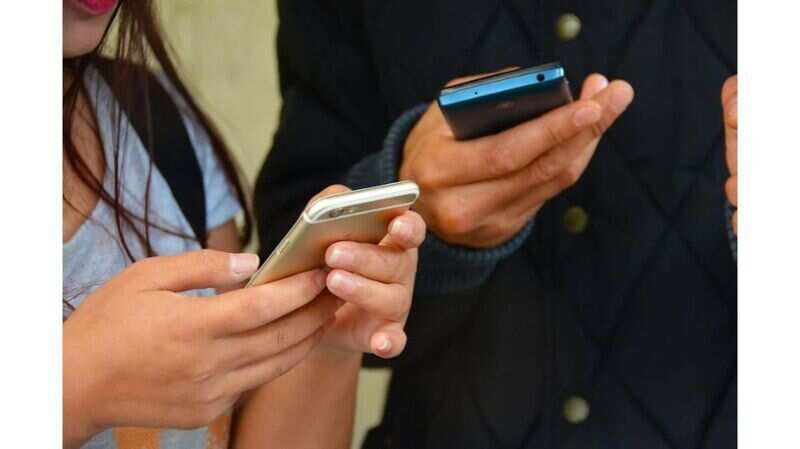
1/12 Do not use public Wi-Fi connection to do online banking transactions
While doing online bank transactions, never use a public Wi-Fi for internet connection. These are generally insecure and can be easily used by hackers to plant infected software on your device to steal your banking details.
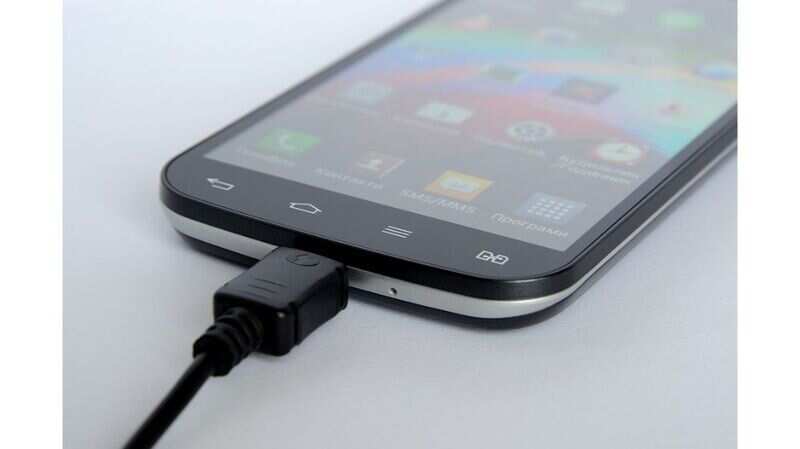
2/12 Do not charge your mobile phones at public charging stations
To avoid becoming a victim of juice jacking (cybercrime that uses USB cable to steal data), one should never charge their smartphones at charging stations. It is advisable to carry one’s own charging cable.

3/12 Do not search for a bank’s customer care or other important number on Google
Always go to the bank’s official website to get information related to phone numbers and emails for queries and grievances.
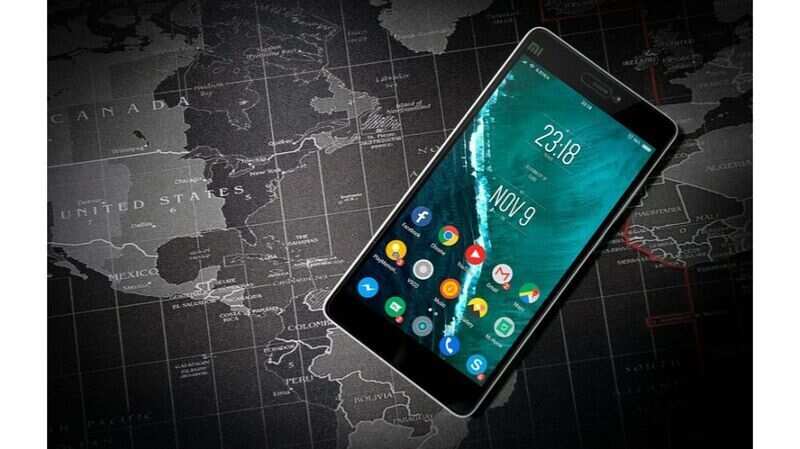
4/12 Do not install apps on your smartphone from anywhere other than Google Play Store and Apple App Store
One must download apps from reliable app stores only like Google Play Store and Apple App Store. Downloading apps from unofficial sources can risk both your smartphone and data available on it.
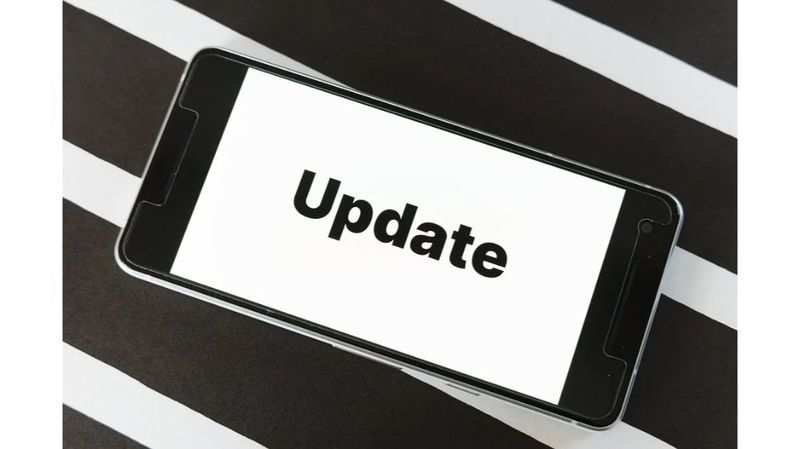
5/12 Do not ignore Android security updates, always install them on your smartphone
While software updates help tackle bugs and other issues on the smartphone, they can also help in minimizing the cyber risks. The latest OS comes with latest security patches that may be difficult to overcome by a hacker.

6/12 Do not click on any bank or payment-related links sent in mails or SMS, unless very sure
Do not click on any transaction-related links that come via SMS or in mail. Also, at times, cyber criminals tend to create an urgency to act/perform a bank-related transaction. Keep an eye for such messages and always check the URL before clicking.

7/12 Do not share any banking or KYC-related information on social media platforms like Facebook, Twitter and Instagram
It is advisable not to share any query or seek a grievance redressal on social media. It exposes one’s info that can be manipulated to his/her disadvantage by the cyber criminals. Even if one does use social media to connect with a bank, one should use Direct Message or DM feature.
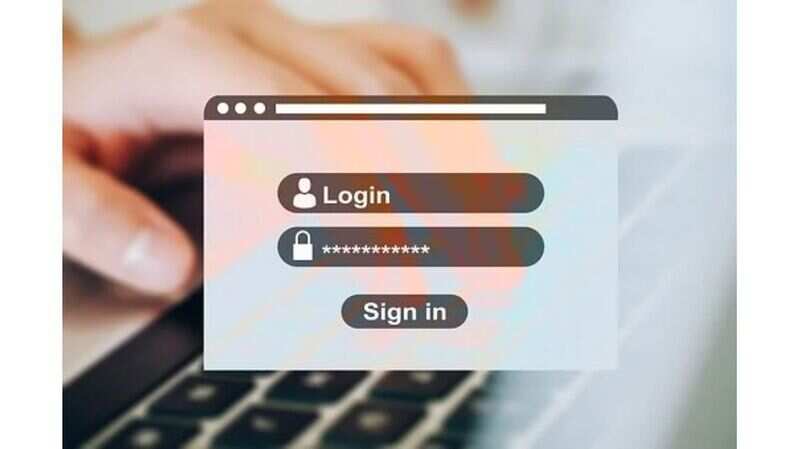
8/12 Do not keep easy passwords for online banking
A weak password is easy to crack and more vulnerable. Creating a strong password reduces the chances of cyber frauds.
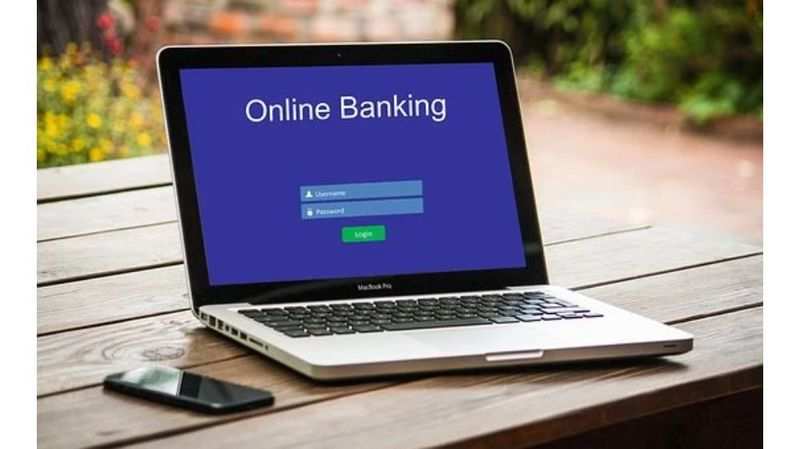
9/12 Do not forget to change your online banking password regularly
Changing bank-related passwords every three to four months guarantees safety and security to avoid falling victim to cyber criminals.
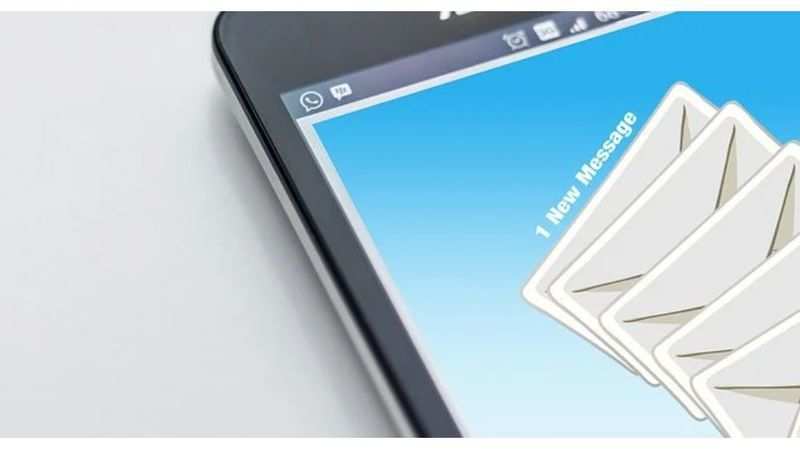
10/12 Do not link mobile numbers and email IDs you do not use regularly with your bank account
This not only helps in keeping track of all bank transactions, but will also help you know of an unauthorised transaction that may occur.
Read more:ITR verification through net banking – Know important facts and how to verify

11/12 Do not share any bank related information with anyone on the phone
Scamsters, in many cases, pose as bank representatives and ask for bank details. Do not share any such details with them. Always remember that the bank will never ask for your personal information.
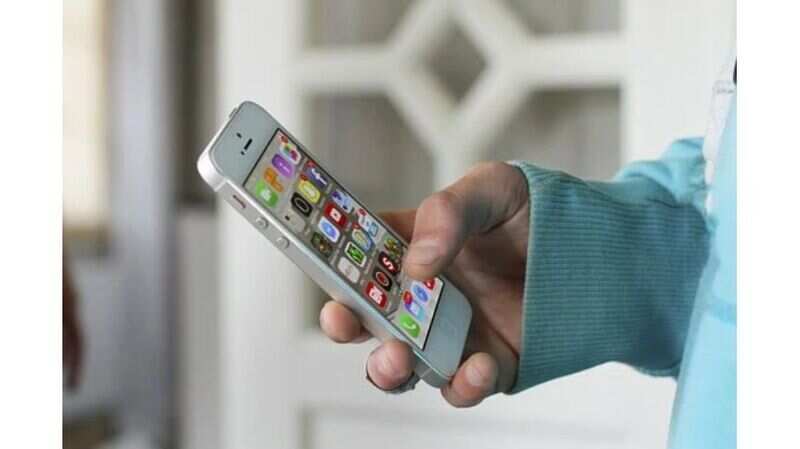
12/12 Do not give unnecessary permissions to apps on your smartphone
Read carefully before giving permissions to any app. Letting apps access more data risks your personal information that could be used by hackers.



































